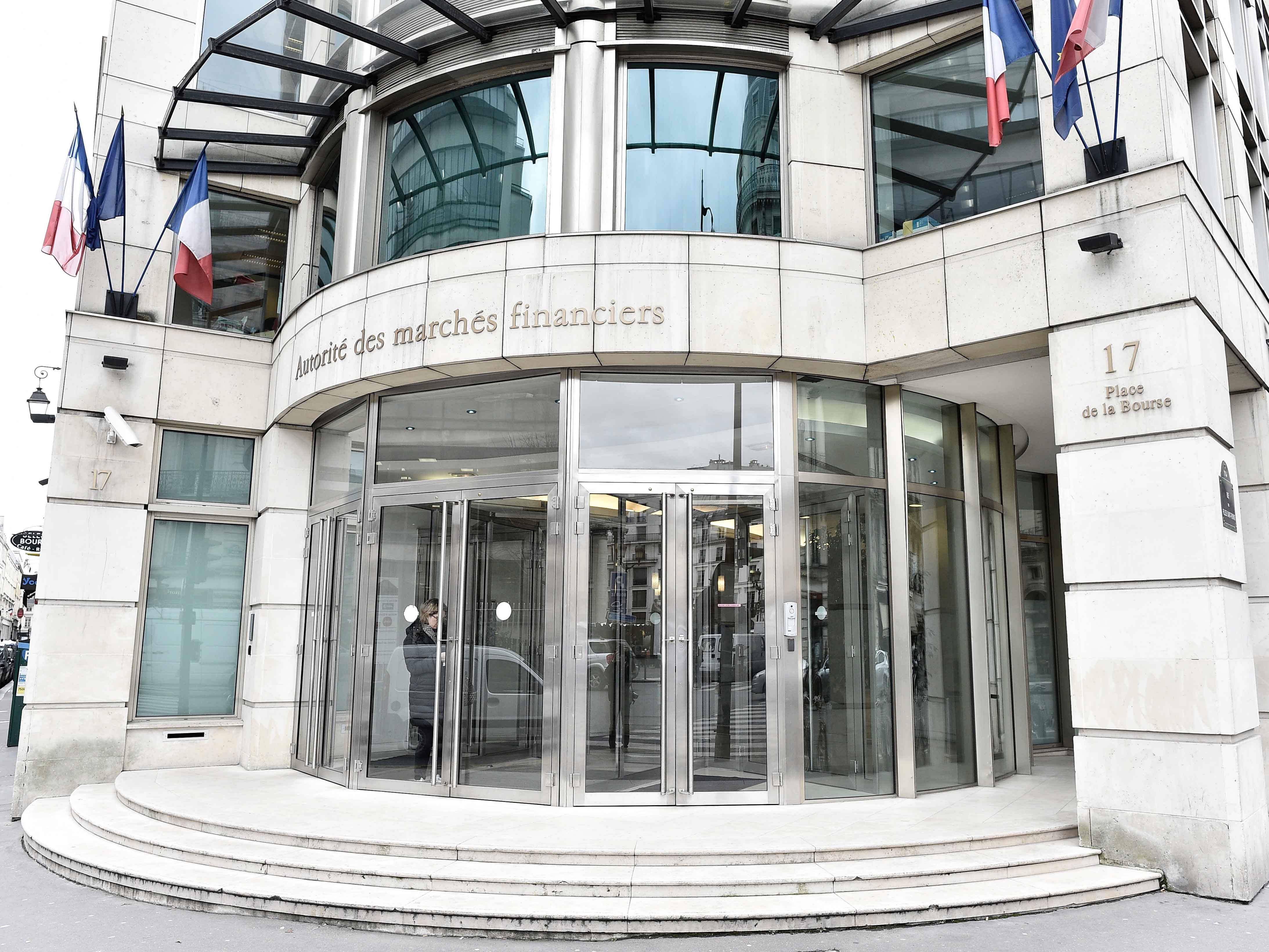
A former Daily Mail journalist has been fined €40,000 by the French stock exchange regulator for allegedly communicating inside information on market rumours to key contacts.
Geoff Foster, who formerly wrote the market report column for the UK newspaper, is said to have transmitted key financial data to his contacts before the publication of his columns. This allowed them to get a head start on other investors by trading in shares at preferential values.
It is rare for a journalist to be convicted of what is effectively insider trading
The investigation by France’s Financial Markets Authority (AMF) related to two articles written by Foster, published in 2011 and 2012. In the first, dated June 2011, Foster suggested that French luxury goods house LMVH was preparing to make an offer for Hermès, and valued the fashion house’s shares at €350, or 86 percent above their market price at the time.
The second was published in June 2012. In the column, Foster claimed that investors were preparing to bid €19 per share for a stake in French oil firm Maurel & Prom, thereby valuing them at 80 percent above their market value.
According to the French authorities, four investors were informed of these rumours before they appeared in print, and were as such able to profit from them. One investor, Eaitisham Ahmed, allegedly made a profit of €37,500, while Scott Davis purportedly amassed €9,446 by trading in Hermès shares. Mark Penna, meanwhile, profited to the tune of €11,540 by trading in Maurel & Prom shares, the market watchdog claimed.
Ahmed was fined €150,000, Davis €80,000 and Penna €55,000. Another investor, Leslie Stafford, was fined €20,000 for passing on market rumours from Foster.
Foster denied all charges, claiming that it was ridiculous to suggest he would tip off contacts about forthcoming articles.A spokesperson for Foster and Associated Newspapers told European CEO: “This is a deeply troubling decision with serious implications for financial journalism which [Foster] intends to appeal.
“As the AMF recognised, [Foster] – who retired some years ago and was the only journalist to cooperate at every stage of the investigation – never derived any personal benefit from trading in any shares and did not manipulate the market in any way. Nor did any of his articles come from insiders within any of the issuers of the stocks in question.”
It is rare for a journalist to be convicted of what is effectively insider trading, and this case taps into a grey area with regards to access to confidential financial data. Journalists and traders are both privy to information before it is transmitted to the general public, which is essential in their respective fields. However, this case is an example of the grave consequences that can occur when such information is misused.
This case may now encourage regulators across Europe to widen the scope of their investigations with regards to insider trading. It also sets a modern legal precedent for persons outside of the traditional financial services sphere to be convicted for the crime.

